AI should not be used in education as overreliance on technology can lead to neglect of critical thinking skills. Schools risk losing important traditional teaching methods by depending too heavily on AI solutions.
This could hinder students’ development and harm teacher-student interactions. Moreover, storing student data in AI databases raises privacy concerns and can damage trust within the learning environment. Educators fear that the lack of human touch in AI-driven education can hinder student-teacher relationships and compromise the learning experience.
As the education sector increasingly adopts AI, it is crucial to consider these drawbacks to maintain a balanced and effective learning environment.
The Human Touch In Education
The human touch in education is irreplaceable. AI in education could lead to overreliance on technology, neglecting traditional teaching methods and critical thinking skills. It may also raise concerns about privacy and hinder meaningful teacher-student interactions. Therefore, it’s crucial to preserve the human element in education for holistic learning and development.
Loss Of Teacher-student Bonding
Traditional teaching methods involve the teacher-student relationship, which is crucial for learning. The human touch in education fosters a sense of community and trust that is difficult to replicate with AI. With the increased use of AI in education, the risk of neglecting this important aspect of learning is high. Students need real human connection to learn and grow, and AI cannot provide the same level of emotional support and guidance that a teacher can.
Emotional Intelligence Overlooked
One of the major drawbacks of AI in education is the lack of emotional intelligence. Emotional intelligence is the ability to understand and manage one’s own emotions, as well as recognize and respond to the emotions of others. This is a critical skill for both students and teachers, as it helps to create a supportive and positive learning environment. However, AI lacks this emotional intelligence, which can lead to a sterile and less engaging learning experience.
In conclusion, while AI has its advantages in education, it should not replace the human touch that is essential for learning. The teacher-student relationship and emotional intelligence are crucial components of education that cannot be replicated by AI. As we continue to integrate technology into education, we must ensure that we do not neglect these important aspects of learning.
Privacy And Data Security Concerns
Over-reliance on AI-powered solutions in education could lead to neglect of traditional teaching methods and hinder the development of critical thinking and problem-solving skills. Additionally, storing student work in AI databases raises privacy concerns and damages trust between students and teachers, poisoning the learning atmosphere.
Therefore, AI should not be used in education without careful consideration of its potential drawbacks.
Risks Of Student Information Exposure
Utilizing AI in education poses significant risks related to the exposure of student information. When AI systems handle student data, there is a potential for breaches that could compromise the privacy and security of sensitive personal information.
Implications For Free Expression
The integration of AI in educational settings also brings about concerns regarding its implications for free expression. Students may feel hesitant to express their thoughts and opinions openly, fearing that AI systems could monitor and analyze their communication, leading to a chilling effect on the freedom of expression within the learning environment.
The Creativity Dilemma
When it comes to education, the integration of AI poses a unique challenge, particularly in nurturing creativity. The use of AI in education raises concerns about its limitations on original thought and stifling student innovation. Let’s explore these issues in detail.
Ai’s Limitations On Original Thought
In the realm of education, AI’s inability to foster original thought is a significant drawback. Artificial Intelligence operates based on pre-existing data and algorithms, lacking the capacity for creative thinking beyond its programmed parameters. This limitation inhibits the development of critical thinking skills and the exploration of unconventional ideas, which are essential for nurturing innovation and creativity among students.
Stifling Student Innovation
Furthermore, the reliance on AI in educational settings has the potential to stifle student innovation. As students interact with AI-driven tools and platforms, they may become conditioned to conform to predefined solutions and approaches, hindering their ability to explore alternative perspectives and develop original solutions. This could impede the cultivation of entrepreneurial and problem-solving skills, crucial for adapting to real-world challenges.
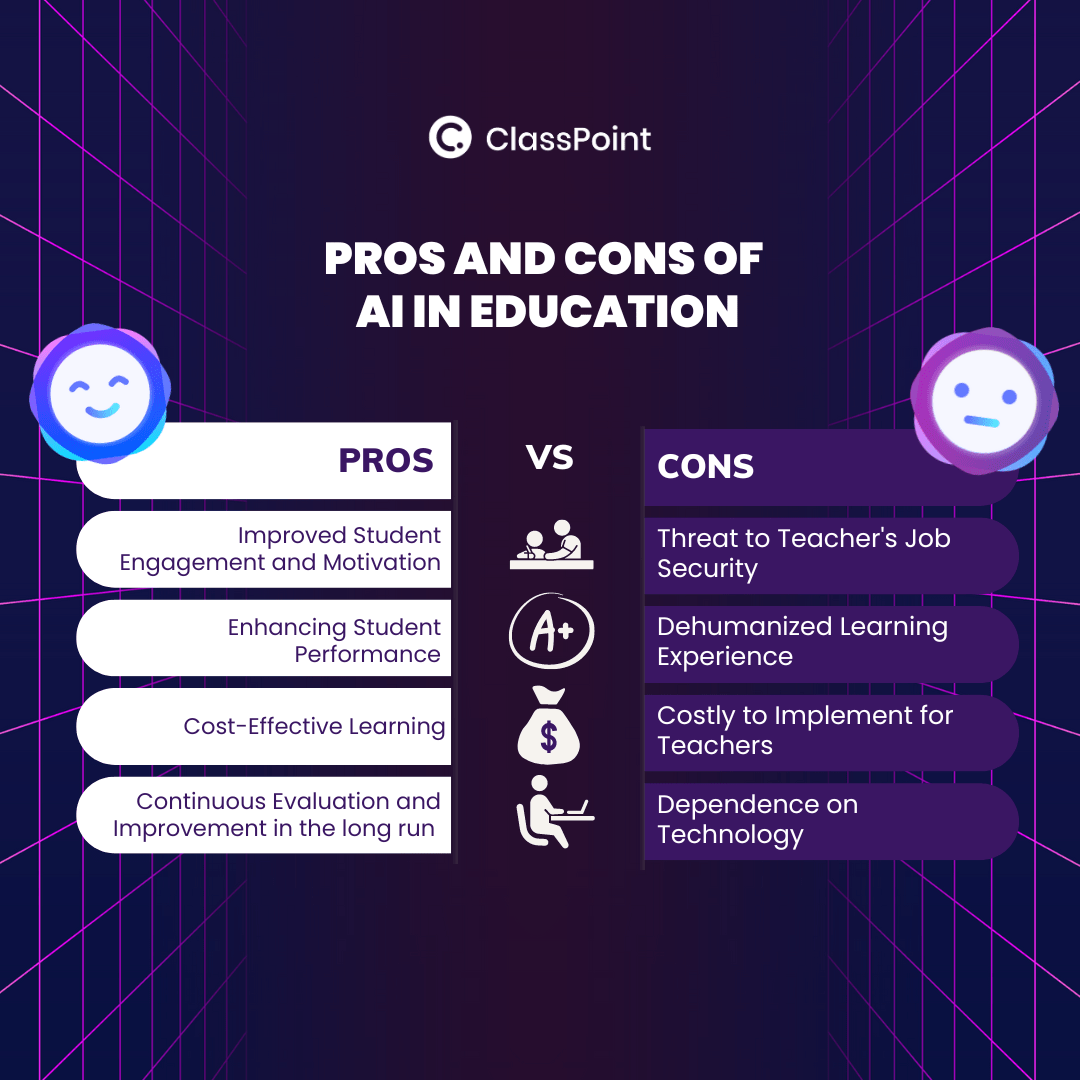
Credit: www.classpoint.io
Economic And Employment Impacts
As artificial intelligence (AI) continues to make inroads into the education sector, it is crucial to consider the potential economic and employment impacts associated with its widespread adoption. This technology has the capacity to disrupt traditional teaching methods and could have significant consequences for both job displacement in education and long-term economic ramifications.
Job Displacement In Education
The integration of AI into educational settings has the potential to displace human workers, particularly in tasks related to administrative duties, grading, and personalized tutoring. Automated systems may take over routine tasks, leading to a reduction in the demand for human labor. This displacement could result in job insecurity for educators and support staff, creating a challenging employment landscape within the education sector.
Long-term Economic Ramifications
The long-term economic ramifications of widespread AI adoption in education are a cause for concern. While AI may streamline certain processes, the displacement of human workers and the potential erosion of traditional teaching methods could have lasting economic effects. The shift towards AI-driven education may lead to reduced job opportunities in the sector, impacting the livelihoods of educators and contributing to broader economic challenges within communities.
Ai In Pedagogical Practice
Over-reliance on AI in education may hinder critical thinking and traditional teaching methods. It risks diminishing teacher-student interactions and raises privacy concerns over student data. Excessive dependence on technology may erode trust between students and educators, impacting the learning environment negatively.
Artificial Intelligence (AI) has gained significant attention in the field of education, offering the potential to revolutionize pedagogical practices. However, several critical concerns have emerged regarding the integration of AI in educational settings, particularly in relation to its alignment with educational standards and the challenges faced by educators.
Mismatch With Educational Standards
AI in education often faces a significant mismatch with established educational standards. The reliance on AI-powered solutions can lead to the neglect of traditional teaching methods, hindering the development of critical thinking and problem-solving skills among students. This discrepancy raises fundamental questions about the compatibility of AI with the essential learning objectives and educational standards that are designed to foster holistic development.
Educators’ Struggle With AI Integration
Educators encounter substantial challenges when it comes to the integration of AI into pedagogical practices. Many educators have expressed concerns about the lack of adequate training on AI technology, uncertainty about its compatibility with state standards, and the absence of guidance from school leaders. This struggle highlights the need for comprehensive support and training to enable educators to effectively integrate AI while ensuring alignment with educational goals and standards.
Potential For Bias And Misinformation
Artificial Intelligence (AI) has been increasingly integrated into various aspects of education, promising to revolutionize the learning experience. However, the utilization of AI in education raises concerns regarding the potential for bias and misinformation, which can significantly impact academic integrity.
Ai’s Propensity For Bias
AI systems are susceptible to inheriting biases from their creators, data sources, and algorithms. These biases can manifest in various forms, such as gender, racial, or socioeconomic biases, leading to discriminatory outcomes in educational settings. The lack of transparency in AI decision-making processes further exacerbates the difficulty in identifying and rectifying these biases.
Threat To Academic Integrity
The proliferation of AI in educational settings poses a substantial threat to academic integrity due to the dissemination of misinformation. AI algorithms may inadvertently perpetuate false information, leading to the distortion of knowledge and the erosion of critical thinking skills among students. Moreover, the reliance on AI-generated content without proper vetting can compromise the accuracy and reliability of educational materials.
Frequently Asked Questions
Why Is AI Not Good For Education?
AI in education risks overreliance on technology, neglecting traditional teaching methods and critical thinking skills. It undermines teacher-student interactions and raises privacy concerns.
Why Should AI Be Banned In Schools?
AI should be banned in schools as overreliance can hinder traditional teaching methods, critical thinking, and privacy.
What Are 5 Disadvantages Of AI?
Disadvantages of AI include high costs, lack of creativity, unemployment, ethical concerns, and emotionless interactions.
Why Do Teachers Not Like AI?
Teachers may not like AI because they lack training, guidance, and clarity on its compatibility with teaching standards.
Why Is AI Not Suitable For Education?
AI reliance may hinder critical thinking skills and traditional teaching methods, impacting learning quality negatively.
Conclusion
The overreliance on AI in education could hinder the development of critical thinking skills. It may lead to a neglect of traditional teaching methods and hinder meaningful teacher-student interactions. Privacy concerns and the lack of human touch are significant drawbacks of integrating AI in education.
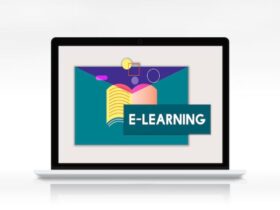

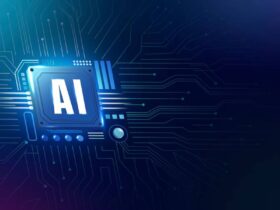
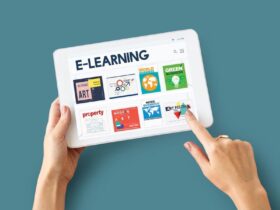
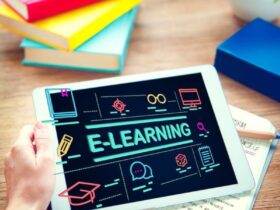











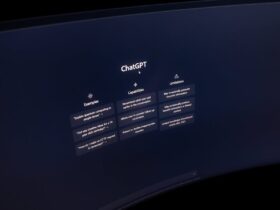
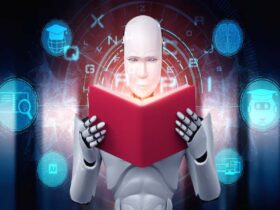
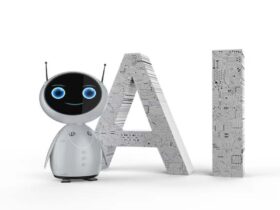





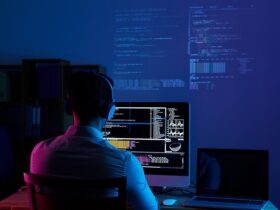








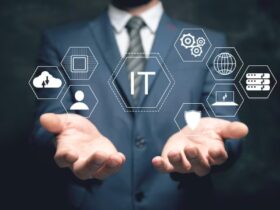










Leave a Reply